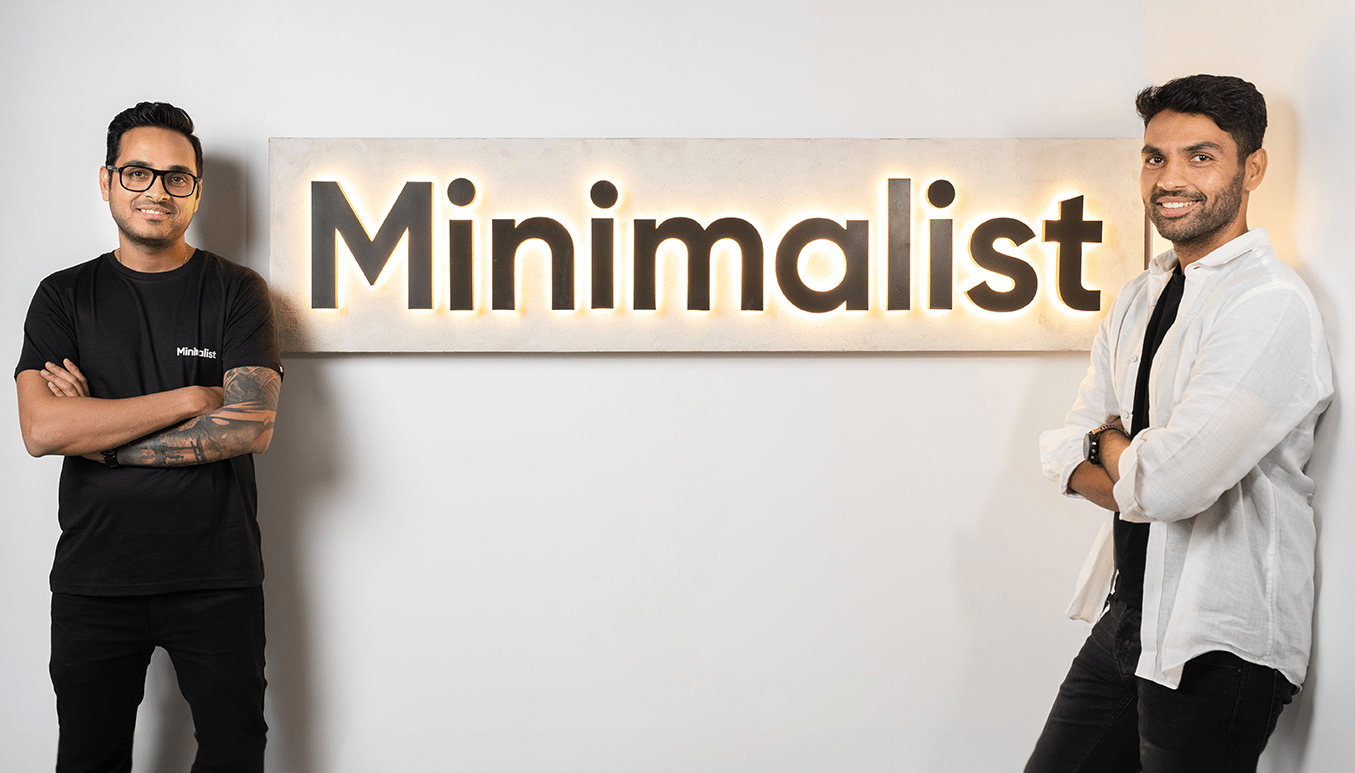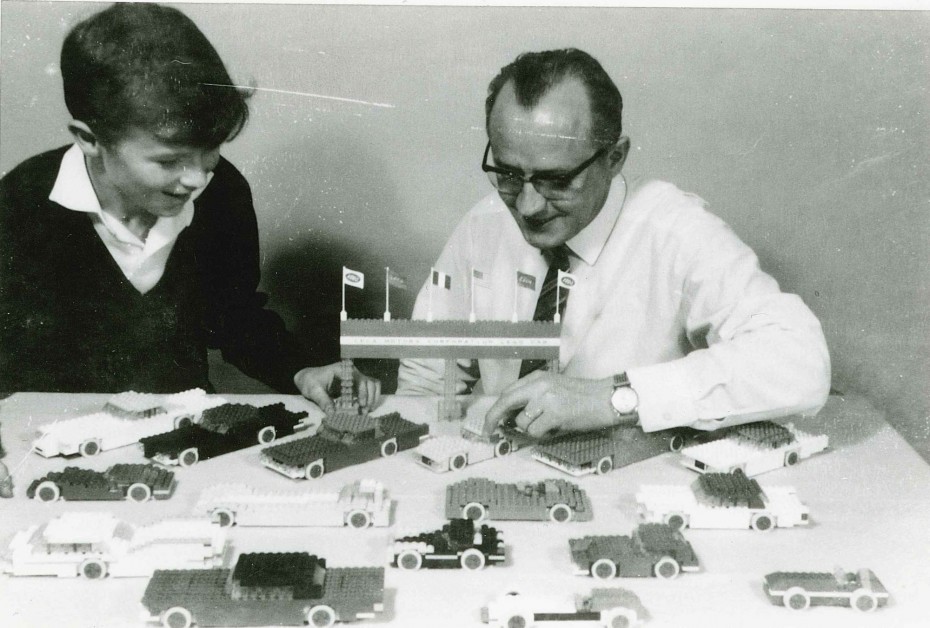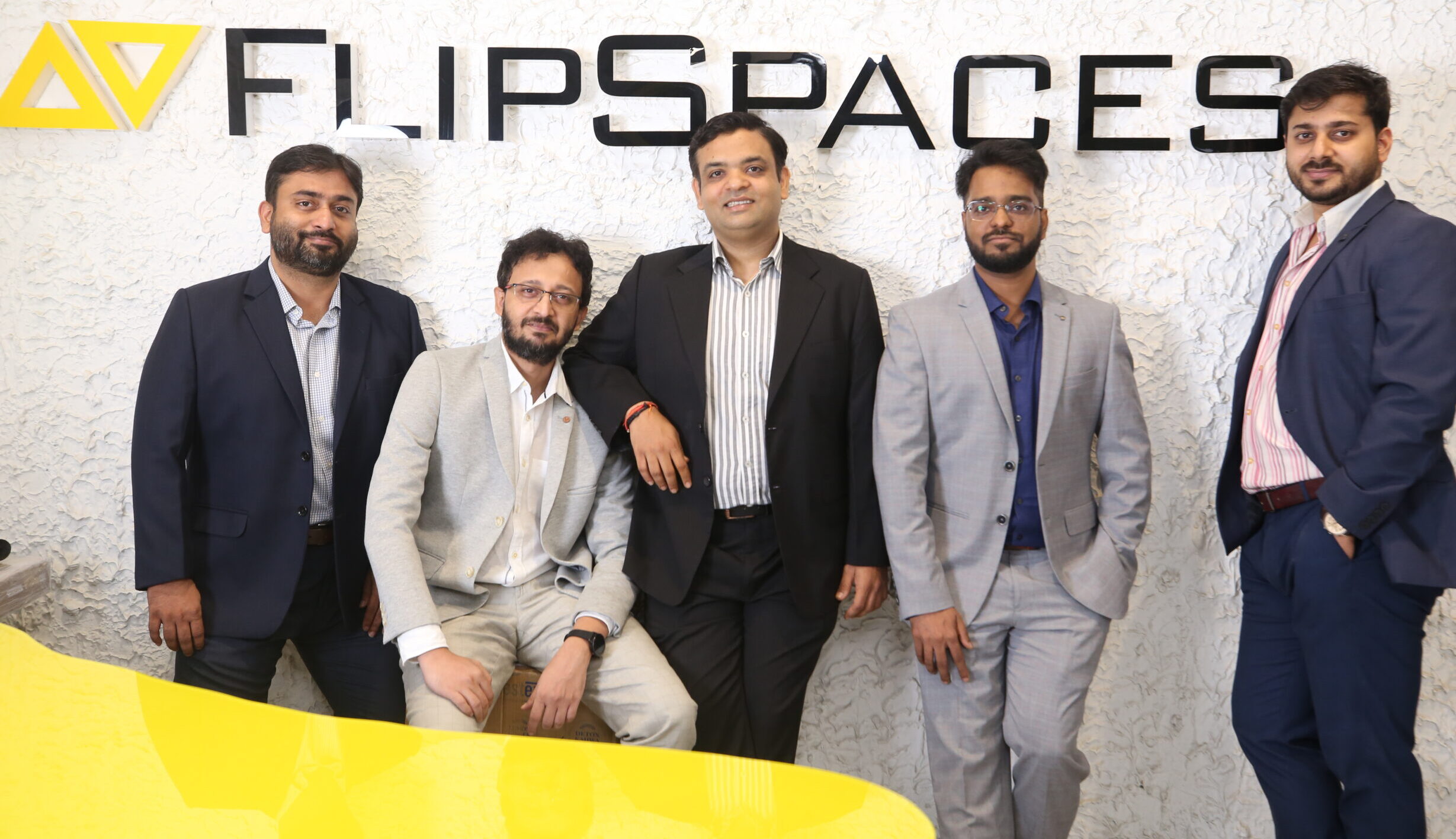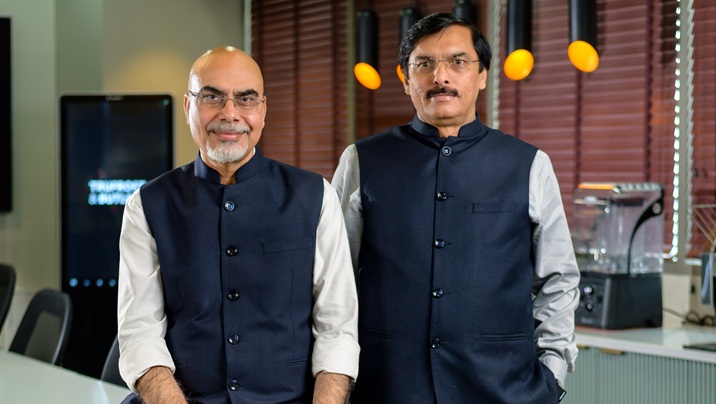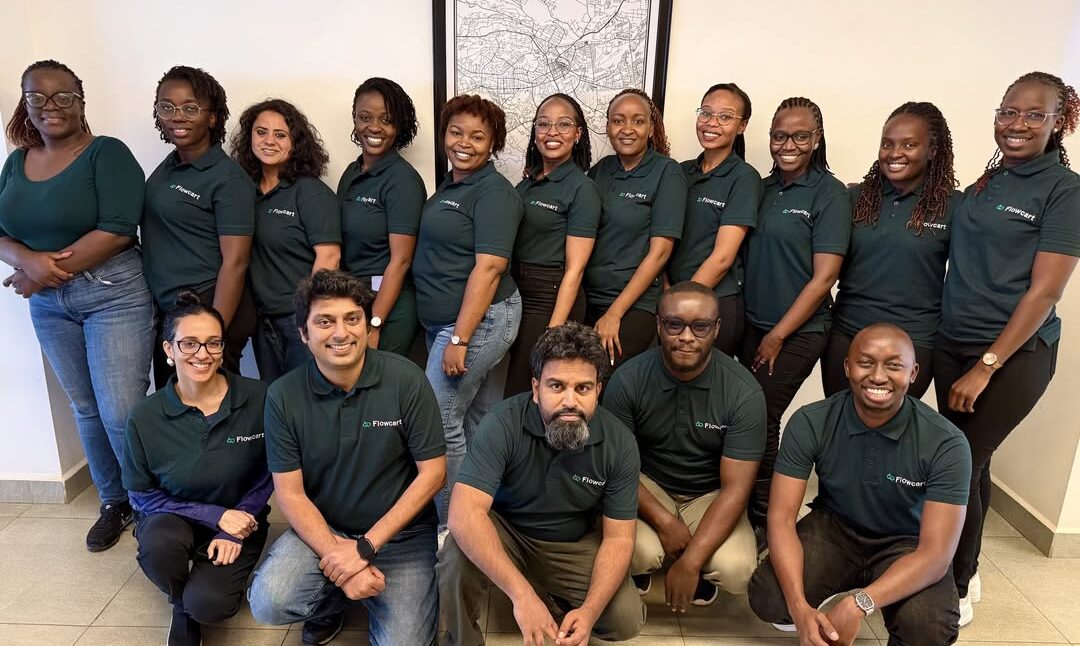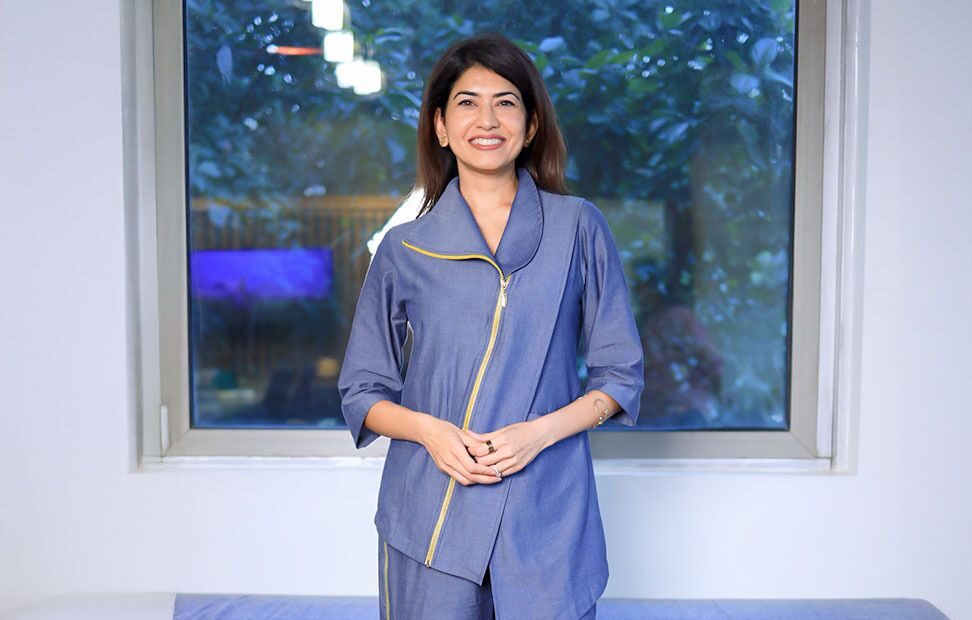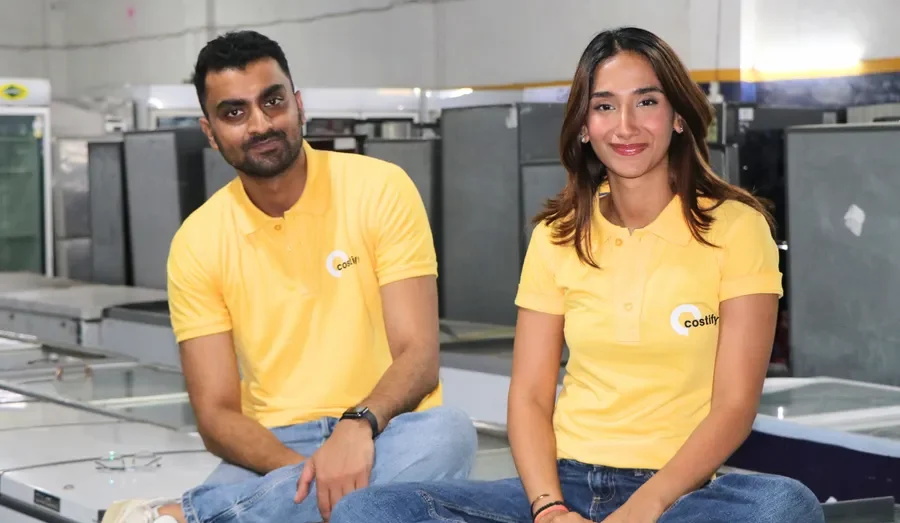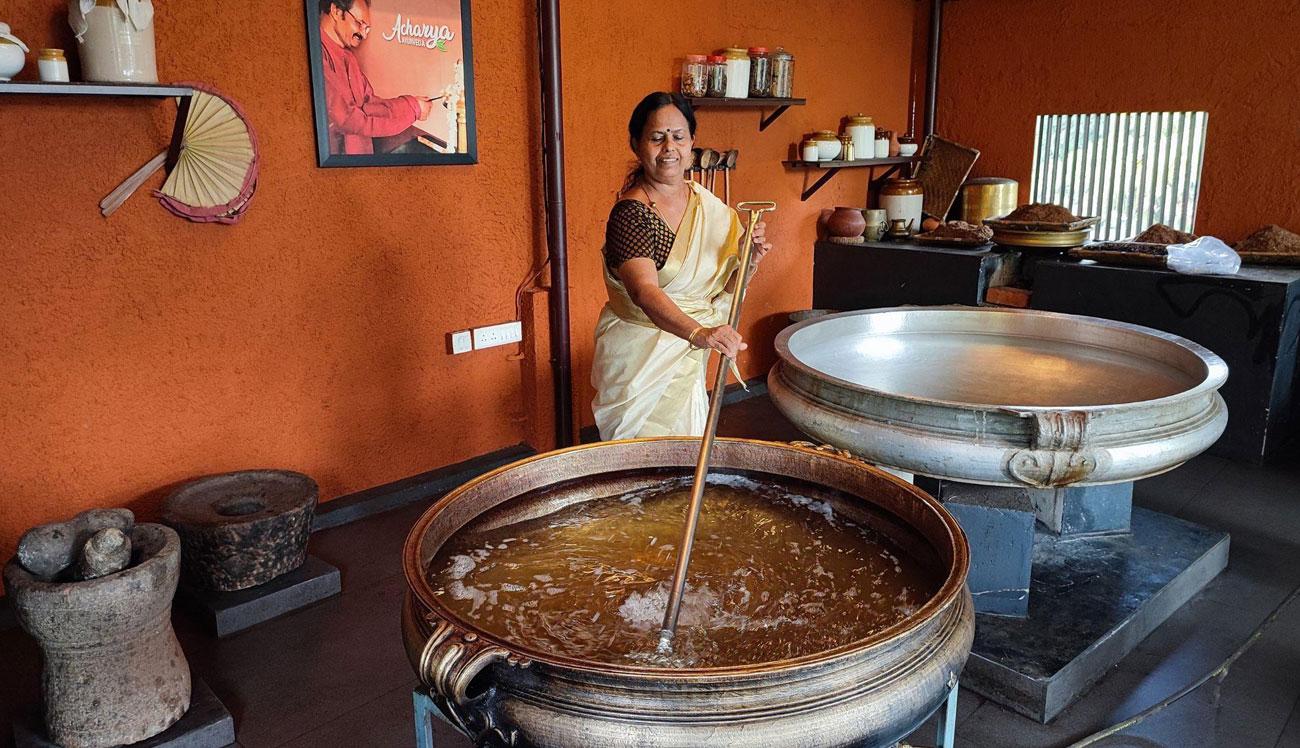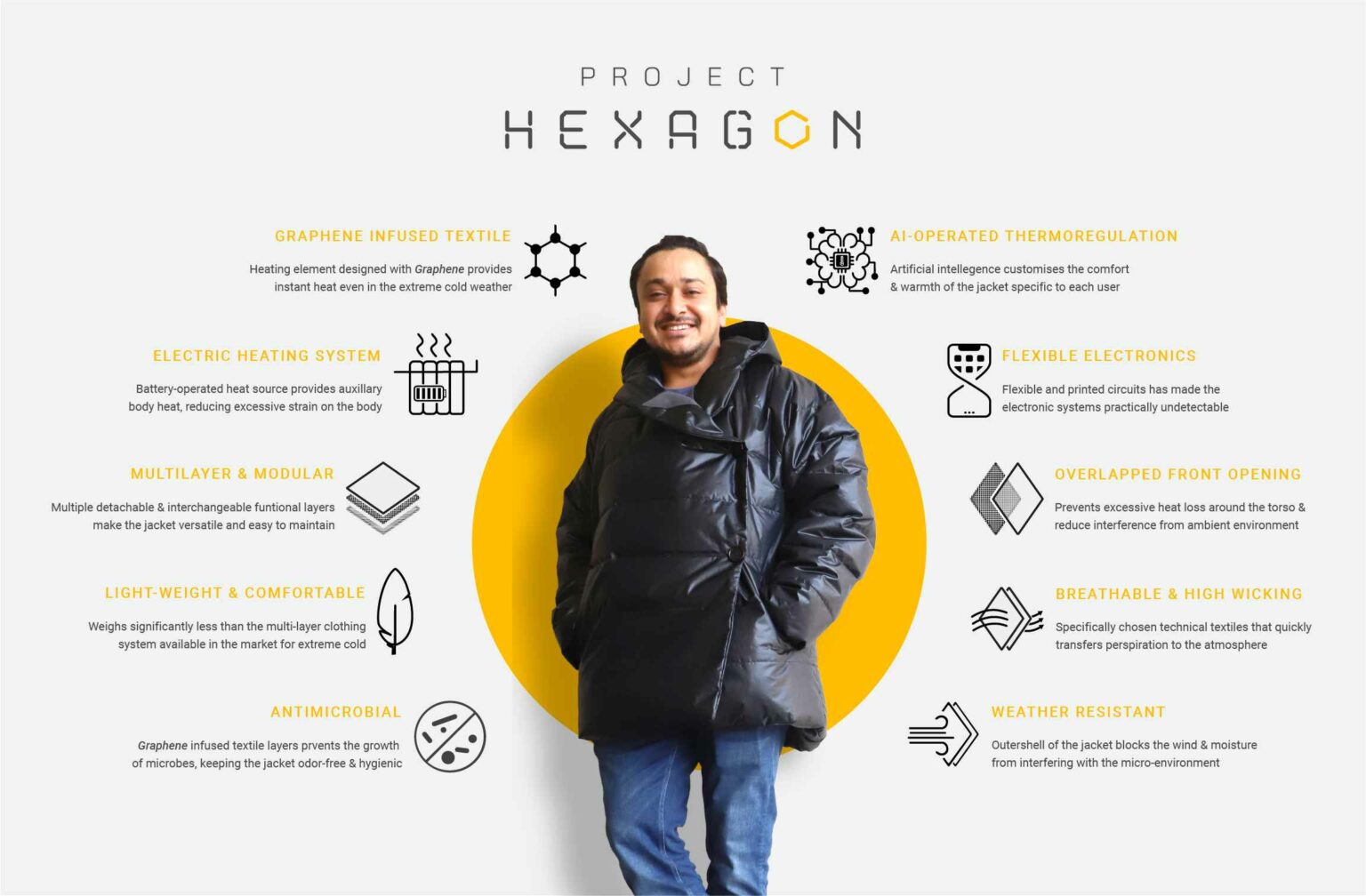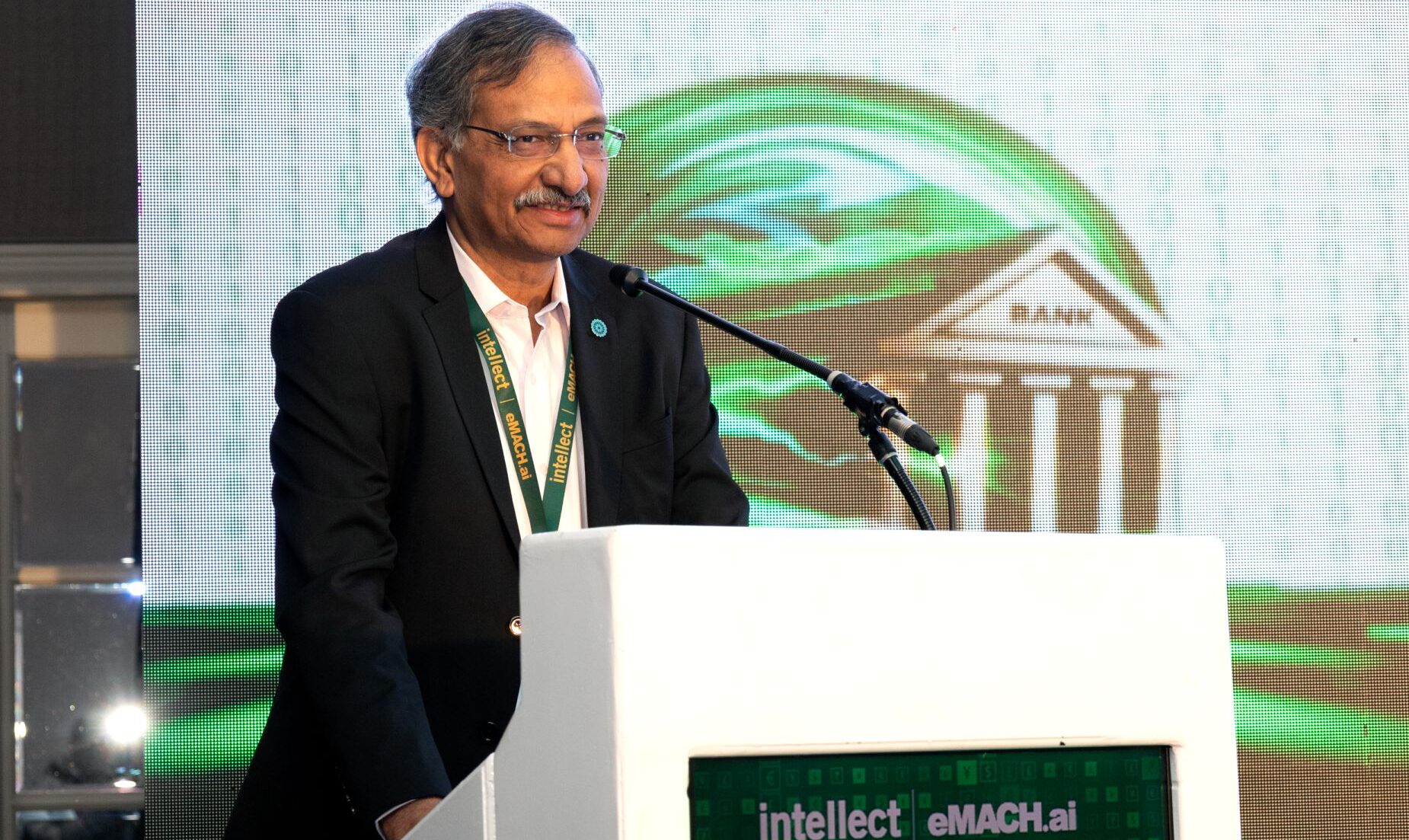In an industry saturated with glossy campaigns and impossible promises, two brothers from Jaipur dared to do the unthinkable: they told the truth. And in doing so, they built one of India’s most disruptive beauty brands, Minimalist: now valued at nearly ₹3,000 crore, with Hindustan Unilever as its majority owner.
This is the story of Mohit Yadav and Rahul Yadav, a chartered accountant and a chemist and how their radical transparency became the most profitable idea in Indian skincare.
From a Cubicle in Hong Kong to a Lab in Jaipur
In 2006, Mohit Yadav was on a fast track to a global banking career. A freshly minted chartered accountant from Jaipur, he had secured a prestigious role with Credit Suisse in Hong Kong. Entrepreneurship was not even a distant dream.
His younger brother, Rahul, was pursuing a degree in chemistry and spent much of his time in laboratories, fascinated by molecules and formulations.
But somewhere between corporate spreadsheets and lab benches, the brothers began questioning why skincare products, even the expensive ones, rarely explained what they actually contained.

By 2020, the Indian beauty industry was exploding, but it was also peddling what the brothers saw as its biggest myth: that “natural” equaled better, and that “chemical-free” products existed at all.
They decided to call the bluff.
An Instagram Post That Started a Revolution
In October 2020, with barely 200–300 followers on Instagram and no marketing budget, they launched Minimalist, posting a single announcement on social media.
No celebrity endorsements. No elaborate photo shoots. No influencer partnerships.
Rather, their products, openly marked with active ingredients and strengths, were self-explanatory: serums containing niacinamide, retinol, and other research-supported ingredients, with clear explanations of how and why they functioned.
One tagline captured their philosophy perfectly: “Everything is a chemical. Even water.”
It was a quiet rebellion against decades of fear-mongering in beauty marketing.
The Numbers Behind the Honesty
Minimalist’s radical honesty resonated instantly, particularly with Gen Z and young millennials fatigued by overpromises and greenwashing.
The brand hit ₹100 crore in sales within eight months of launch. Growth accelerated further, with 100% month-on-month increases at one point.
By FY24, they crossed ₹347 crore in revenue. Along the way, they raised ₹110 crore (about $15 million) in Series A funding led by Peak XV Partners (formerly Sequoia Capital India).
This year, the biggest validation arrived when Hindustan Unilever Limited (HUL) acquired a 90.5% stake in Minimalist for ₹2,955 crore, placing the brothers in the rare league of founders who went from bootstrap to billionaires, in under five years.
What Made Them Different?
While India’s beauty giants competed on glamour and exotic herbs, the Yadavs competed on truth.
They borrowed inspiration from Canada’s The Ordinary, but rooted their messaging in Indian realities, where distrust of labels was high and consumers were hungry for clarity.
- Instead of touting vague terms like “whitening” or “ayurvedic,” they listed exact ingredient concentrations on their packaging.
- Instead of making “chemical-free” claims, they educated buyers that all matter including water, is chemical.
- Instead of hiding behind jargon, they published how each product worked and what it couldn’t do.
This science-first, customer-respecting approach transformed what could have been just another D2C brand into a movement.
Lessons for Entrepreneurs
Minimalist’s rise offers stark lessons for anyone building a business today:
- Challenge Myths Boldly: They turned the industry’s biggest selling point into their opening critique and owned the narrative.
- Start Small, Think Big: They proved you don’t need millions in marketing to make your mark. Even a modest Instagram post can spark a revolution if your product and story are strong.
- Build for Gen Z Values: Today’s buyers crave authenticity over polish. Minimalist became a mirror for their skepticism.
- Let Product Lead: Scientific efficacy, not emotional gimmicks, became their brand positioning.
- Prove Before You Pitch: They built proof of concept before raising funds a crucial but often ignored step in the Indian startup ecosystem.
“If We Break the Promise, We Don’t Deserve to Lead”
After the HUL acquisition, Mohit Yadav shared a heartfelt note on LinkedIn that captured the ethos driving Minimalist.
He wrote about how growing up in a lower-middle-class family shaped their priorities: honesty, transparency, and putting people first.

Addressing customers directly, he said:
“Each day, we ask ourselves: ‘Have we kept our promise to our customers?’ If a day comes when we break that promise, we won’t be worthy of leading this brand.”
To partners, he acknowledged how retailers gave an unknown brand a fair chance. To his team, he promised continuity:
“Nothing changes, except our capacity to do more, and do it better.”
Even in victory, the tone was humble, a refreshing departure in an industry that often celebrates bravado over substance.
The Winning Strategy
With HUL’s resources and their own uncompromising vision, the brothers plan to double down on R&D, increase accessibility of their products across India and abroad, and maintain the transparency that won them millions of loyal customers.
If Minimalist’s journey proves anything, it’s that telling the truth, even in a business built on illusions, can still be a winning strategy.
Respect The Consumer
In a time of brands built up high and products that failed to deliver, the Yadav brothers reduced beauty to what truly counted: honesty, science, and regard for the consumer.
They didn’t just sell skincare they sold trust. And in doing so, they reminded Indian entrepreneurs everywhere that the simplest story, if true, is often the most powerful.
Also Read: Nehru’s Call to a ₹3,000 Cr Empire: The Untold Story of Lakme









